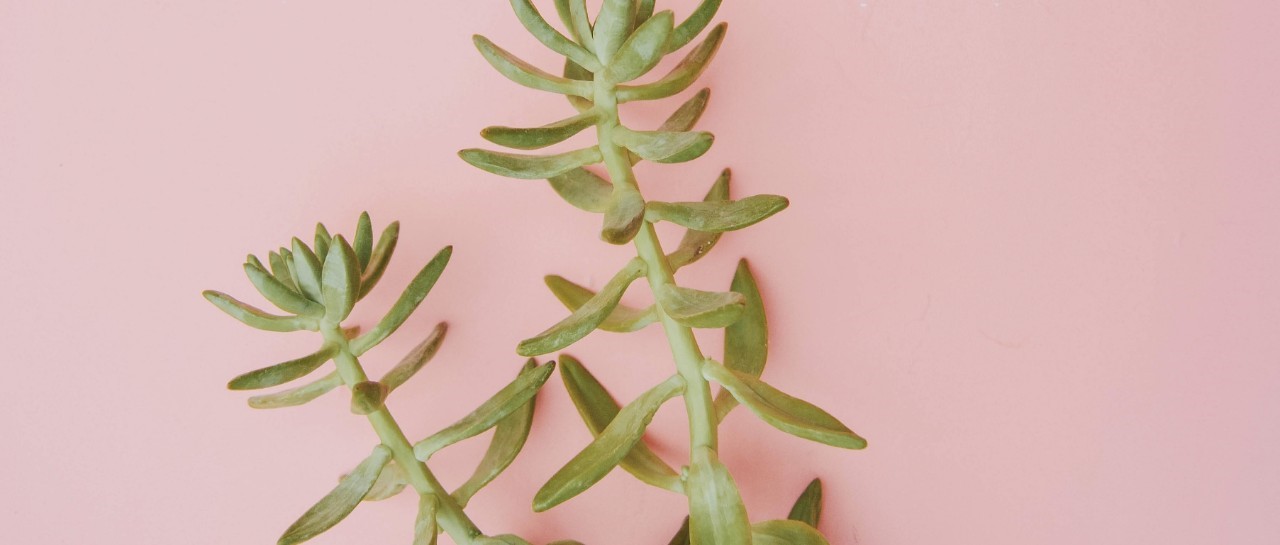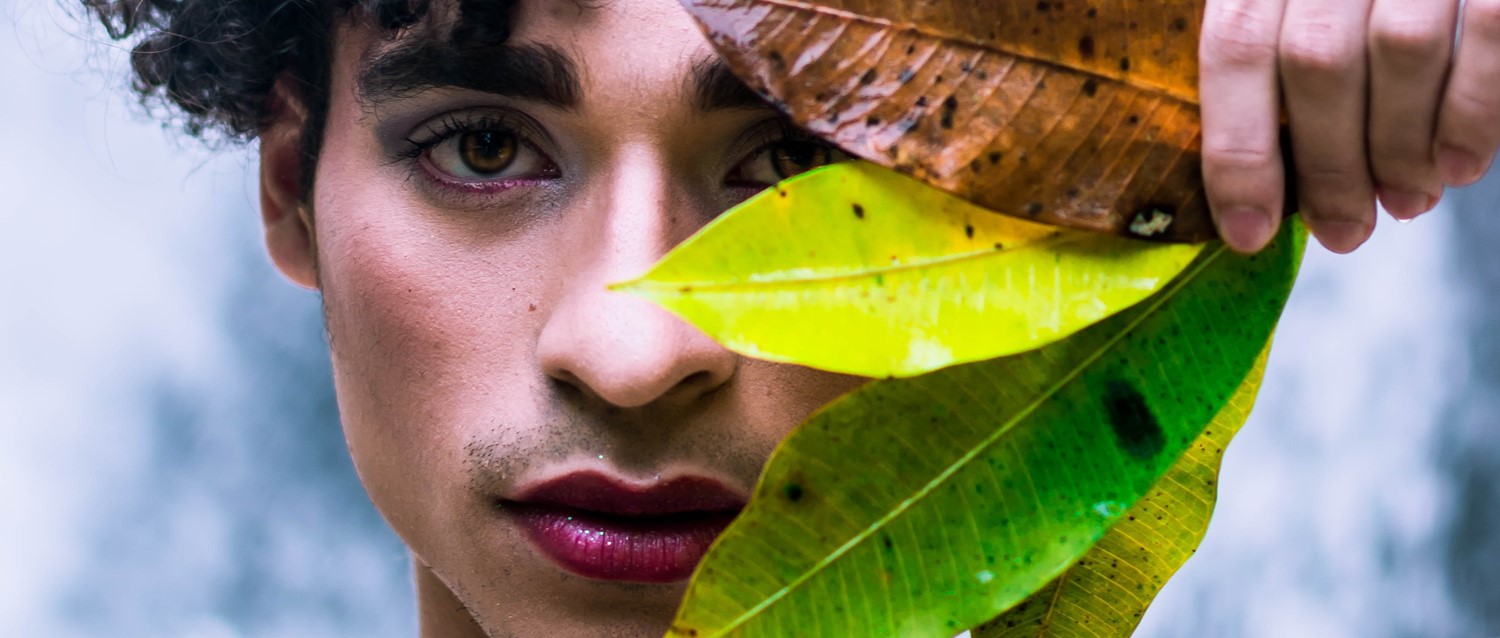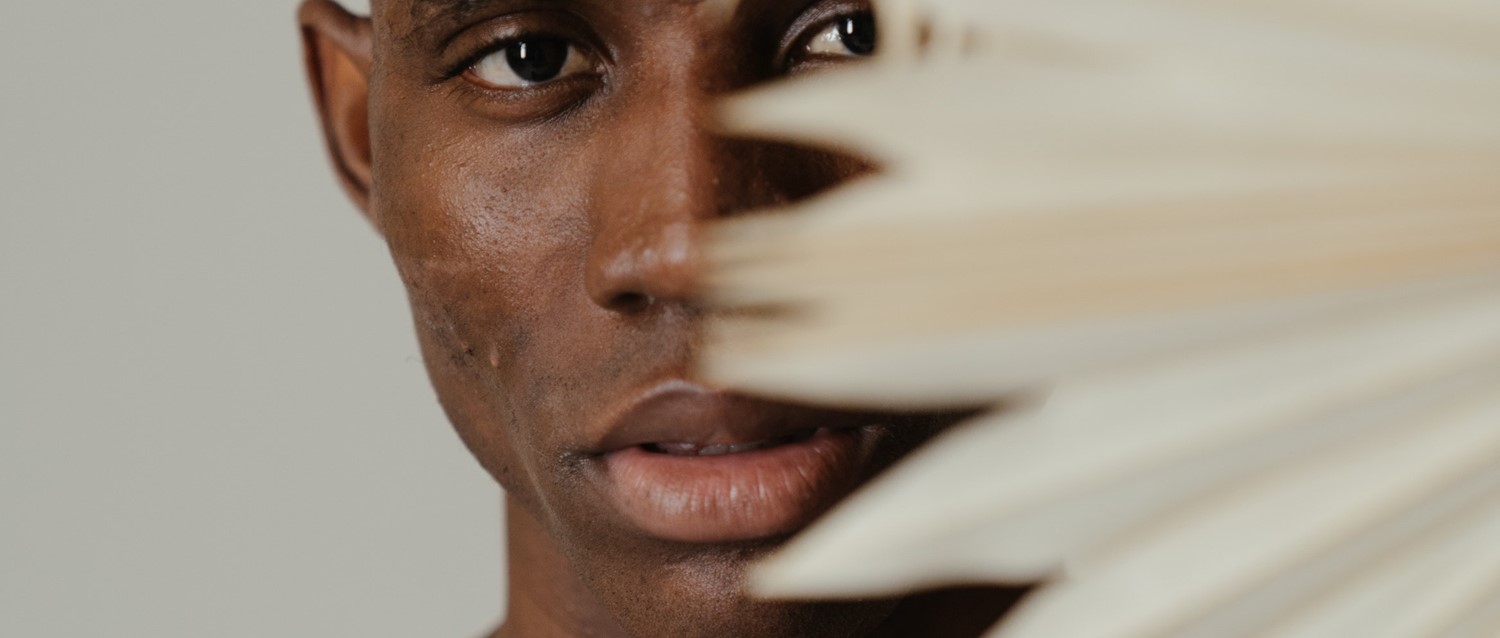
Do any natural remedies really work for acne?
Peer reviewed by Dr Sarah Jarvis MBE, FRCGPLast updated by Andrea DowneyLast updated 27 Aug 2019
Meets Patient’s editorial guidelines
- DownloadDownload
- Share
- Language
- Discussion
Natural skin treatments you can find in your own home are becoming more and more popular, but is there any evidence to suggest they can cure acne? The answer for most people is no, according to Dr Anjali Mahto of the British Association of Dermatologists, who says natural treatments could even cause further skin irritation.
In this article:
Video picks for Acne
When it comes to acne there's a myriad of information out there on how to treat it - but how much of it is reliable or safe?
A quick Google for acne treatments and you'll find medical advice alongside a long list of cheaper, natural alternatives. For many people, natural remedies are more appealing than using 'chemicals', or medications, but there's very little clinical evidence to suggest they work, according to Dr Anjali Mahto of the British Association of Dermatologists.
In fact, some so-called natural treatments could make your acne worse and cause further skin irritation.
What causes acne?
In order to understand how to treat acne you need to understand the cause. Contrary to what people might think, it's not actually caused by poor personal hygiene: hormones and genetics are usually to blame, Mahto explains.
"People start developing acne for the first time when they hit puberty and that's basically because as you enter puberty, whether you're male or female, you start producing a much larger amount of androgen hormones.
Androgen hormones are testosterone and dihydrotestosterone (DHT), and what these androgen hormones do is increase the size of your oil glands. If your oil glands are bigger, you're producing more oil, your pores are more likely to get blocked and then bacteria that live on the skin's surface can then act on this to create spots."
Do natural treatments work?
Back to contentsThe short answer is: no. Natural treatments haven't been developed to treat the root cause of acne, so they're unlikely to have any benefit for your skin at all. You might find some reduce inflammation, but they aren't actually going to 'cure' your spots.
"I think we have a tendency to look at acne the wrong way; people think of it as a beauty or cosmetic problem rather than a medical one," Mahto says. "There are tried, tested and validated treatments for acne which will work. My advice would be that it’s much better to go for one of those treatments, and get your acne treated as early as possible."
Tea tree oil
Many face washes designed to target spots actually contain tea tree oil but simply using it on its own won't wield results, Mahto says.
"There is a little bit of limited data. Tea tree oil is anti-inflammatory, so it can to some degree soothe the inflammation that acne causes," she said. "But if you've got moderate to severe acne, it is not going to help."
Witch hazel
Again, as with tea tree oil, there is some limited data that suggests it can help with inflammation but it's not a cure for acne, Mahto explains.
"Witch hazel contains alcohols as well which dry the skin out," she adds.
The big risk with both of the above treatments is they could actually cause skin irritation, which isn't something you want when you're already dealing with breakouts.
Apple cider vinegar
There's some suggestion that using apple cider vinegar on acne can cure breakouts, but Mahto says she wouldn't recommend it at all.
"The problem is, it's an acid," she points out. "So what you're doing is trying to cause a chemical exfoliation of the skin, but there are far safer acids that you can use in the context of acne, like salicylic or glycolic or lactic acid, rather than apple cider vinegar. I highly don't recommend this; there’s a very high risk of irritation."
Green tea
Using cool green tea bags on your skin might make it feel better for a few minutes, but it doesn't target the cause of spots.
"The limited theory here is that it is anti-inflammatory, but there are better tried and tested treatments," reveals Mahto. "It wouldn't be my first line for treating acne in any way or form."
Honey
Honey used to be used as a treatment for wounds for its antibacterial properties, but there's no evidence to suggest it will work for acne, Mahto says.
"There are a lot of DIY masks for acne, including honey, or honey scrubs, which I have seen on YouTube. But I would not recommend using it to treat acne as there's no evidence it works. Worst case scenario is it makes it worse, but it's probably not going to do anything at all."
Aloe vera
It's a go-to for calming your skin down when you're sunburnt, but it won't do anything to help breakouts.
"Aloe vera is an anti-inflammatory, but just because it's got anti-inflammatory properties it doesn't mean it is going to reduce the inflammation of acne," explains Mahto.
Supplements
There are a lot of suggestions for supplements when it comes to acne, the main ones being zinc and fish oil. But the likelihood of them working is very slim, says Mahto. Instead, you could actually cause damage to your gut, so it might not be worth the risk.
"There is very limited data, but taking high levels of zinc in a small group of people may potentially help their skin," she said. "The problem is, you can't guarantee it is going to work for everybody. The doses of zinc that you need to get that benefit are actually quite high, but if anything, it's probably going to upset your gut."
Continue reading below
Tried and tested
Back to contentsLuckily, you don't have to suffer with acne just because natural remedies don't work. There are tried and tested ways that acne can be dealt with that will wield the results you want.
Your first point of call is a good face wash, Mahto reveals. "You want to look for skin care that has got either benzoyl peroxide, salicylic acid, glycolic acid, niacinamide or vitamin A retinols in it because they can all help with acne."
But if that doesn't help clear it up, the next step is to see a pharmacist or a GP.
"A GP can give prescription antibiotics, prescription creams, prescription retinols,and prescription benzoyl peroxide, or they can give you oral medications," she adds. Many pharmacist can also now offer medication which used to be available only from your doctor.
Failing that, a dermatologist can prescribe drugs like Roaccutane.
Patient picks for Acne

Skin, nail and hair health
Does wearing make-up give you acne?
"Does make-up give you acne?" is an age-old question. However, the answer may not be as straightforward as a yes or a no. It's understandable why those with acne might want to conceal it with make-up, but what can you do ensure you're still taking good care of your skin, and when should you see a professional about your acne treatment?
by Emily Jane Bashforth

Skin, nail and hair health
How to get rid of acne scars: your ultimate guide
It may be one of the most common skin complaints, but the physical and mental scars that acne leaves behind can be a great source of stress. Fortunately, there's a wide range of treatment options to suit various acne scar types and severities.
by Amberley Davis
Continue reading below
Article history
The information on this page is peer reviewed by qualified clinicians.
27 Aug 2019 | Latest version

Ask, share, connect.
Browse discussions, ask questions, and share experiences across hundreds of health topics.

Feeling unwell?
Assess your symptoms online for free
Sign up to the Patient newsletter
Your weekly dose of clear, trustworthy health advice - written to help you feel informed, confident and in control.
By subscribing you accept our Privacy Policy. You can unsubscribe at any time. We never sell your data.